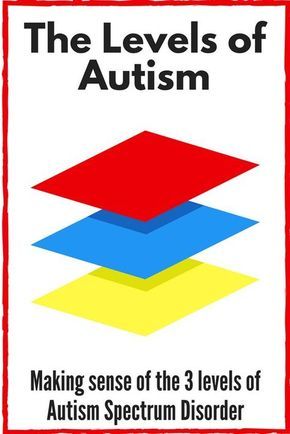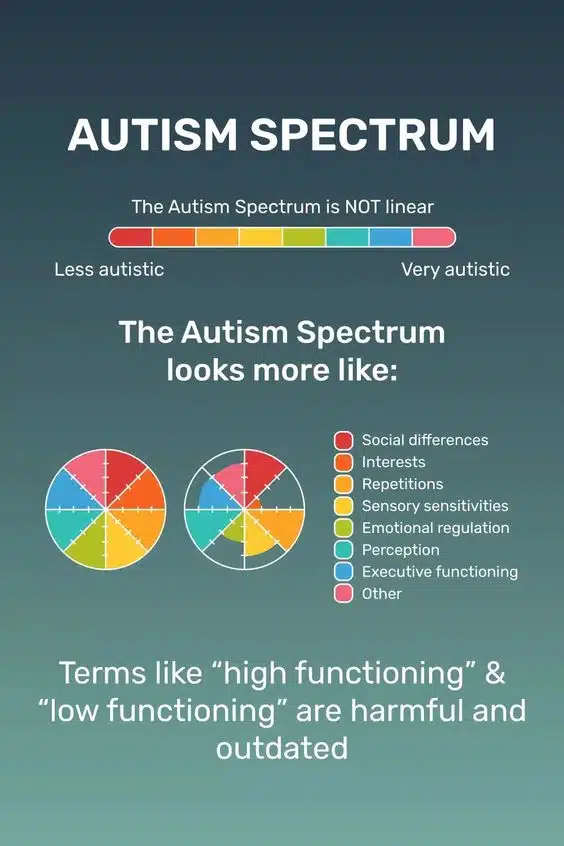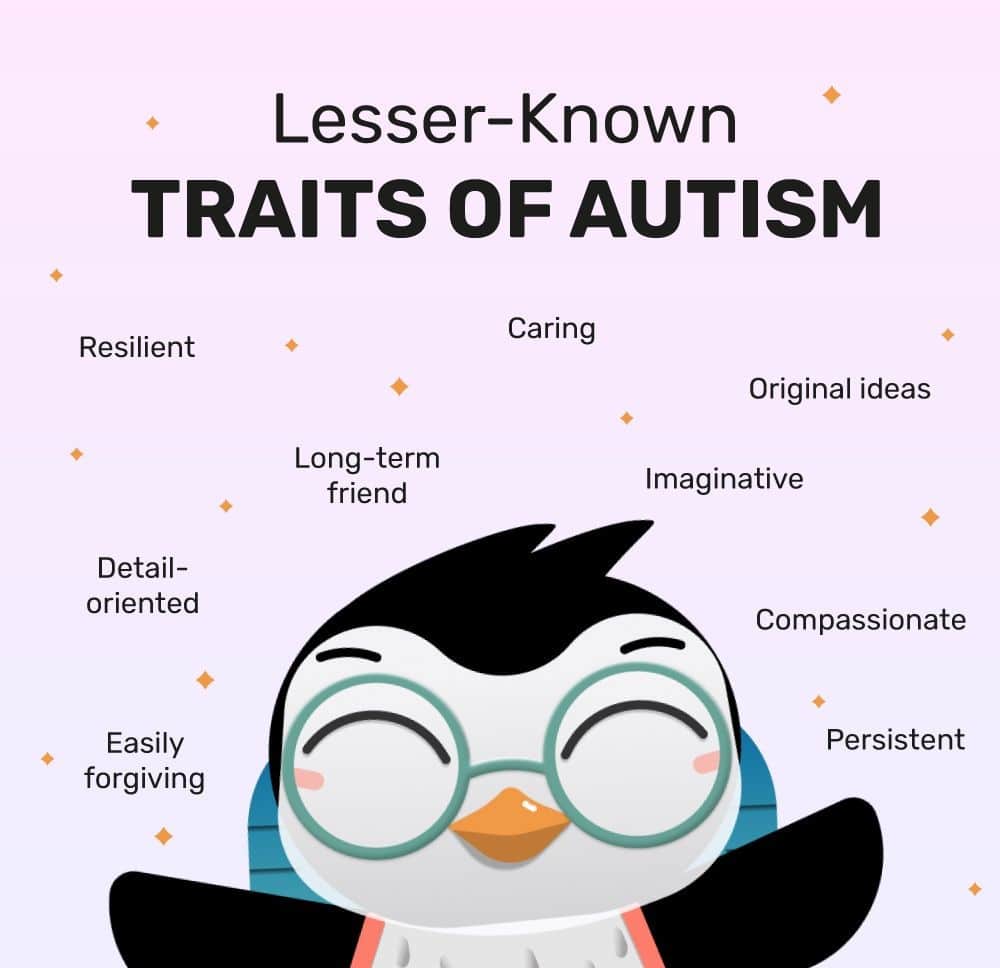Children with AUTS18, a rare genetic condition, may exhibit diverse symptoms affecting their development and daily functioning. Understanding these signs can assist parents and caregivers in providing appropriate support and interventions. Here are some common symptoms to be aware of:
- Social Interaction and Communication:
- Difficulty making or maintaining eye contact
- Challenges with nonverbal cues like facial expressions or gestures
- Delayed or limited speech and language development
- Difficulty initiating or sustaining conversations
- Impaired ability to engage in reciprocal social interactions and make friends
- Repetitive Behaviors and Restricted Interests:
- Engaging in repetitive movements or actions
- Insistence on sameness and resistance to routine changes
- Highly focused interests in specific topics, objects, or activities
- Strong adherence to rituals or rituals-like behaviors
- Sensitivity to sensory stimuli
- Cognitive and Intellectual Challenges:
- Delayed cognitive development and varying degrees of intellectual disabilities
- Difficulty with problem-solving, abstract thinking, and complex concepts.
- Challenges with learning and retaining new information.
- Differences in attention, concentration, memory skills, and processing speed
Remember, every child with AUTS18 is unique, and the severity and combination of symptoms can differ significantly. Some may require additional support in communication, social skills, and academic learning. Tools like Goally, a tablet-based system with apps for visual schedules, AAC, and gamified learning, can aid in building essential life and language skills.
Editor’s note: This information is not meant to diagnose or treat and should not take the place of personal consultation, as needed, with a qualified healthcare provider and/or BCBA.
This post was originally published on May 12, 2023. It was updated on July 14, 2023.















